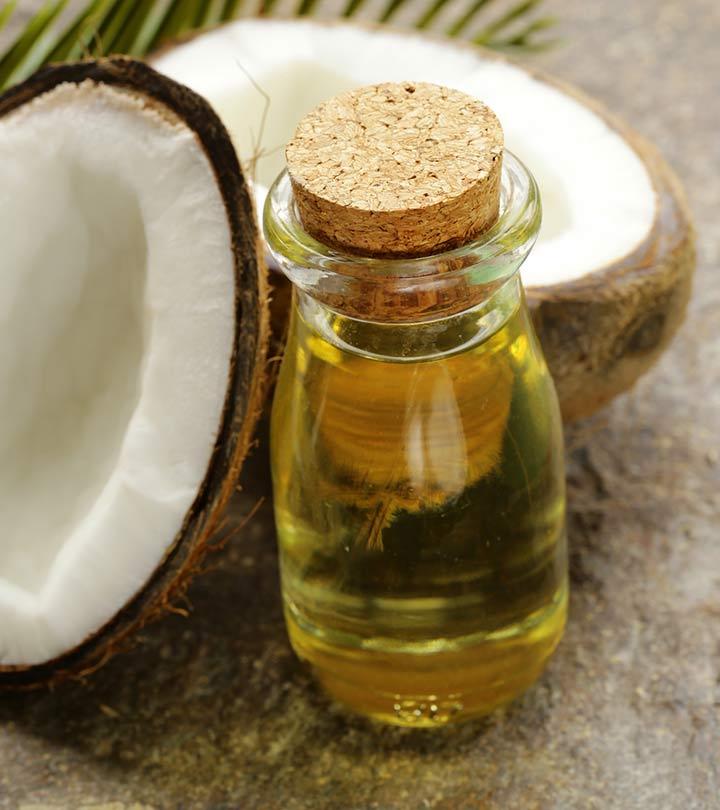Organic coconut oil is truly a miraculous gift from nature, especially in its purest extra virgin form. I don't know of a more versatile oil. Produced from fresh coconut meat (not copra), without the use of chemicals or high temperatures, it preserves high levels of antioxidants and healthy properties. A delicate coconut aroma and flavor is characteristic of virgin oil.
Don't compare organic coconut oil to commercial-grade oils made from copra. These oils are typically refined, bleached, and deodorized. But some reputable companies produce refined expeller coconut oil in the "old fashioned" way with mechanical extraction.
That means they don't use solvent extracts. The oils they produce are not hydrogenated and do not contain trans fatty acids. Since they are deodorized (with physical refinement), the taste tends to be mild. To know more about the best cold-pressed coconut oil, you may pop over to this site.

It is best to buy from a reputable company, as there are not many industry standards in the processing of oils.
The many benefits of using coconut oil include:
- Excellent for cooking and baking
- Reduces inflammation
- Supports heart health
- Balances cholesterol
- Improves thyroid function
- Supports weight loss
- Increases energy and stamina.
- Improves digestion
Coconut oil was widely used before the 1950s. Due to its high content of saturated fat, it fell out of favor because it was believed to increase the risk of heart disease. The opposite is now known to be true.
Containing medium-chain fatty acids (MCFA), this oil has numerous health benefits, especially for the heart and thyroid. Regulating the thyroid and balancing cholesterol levels are just some of its incredible benefits. Increased energy and endurance, as well as weight loss due to increased metabolism, have been widely reported.

